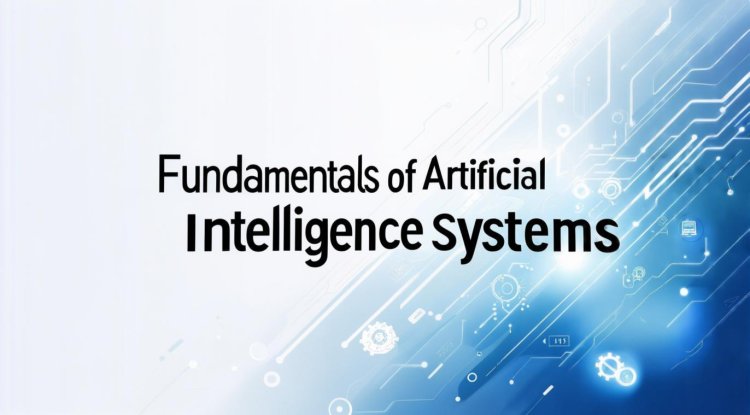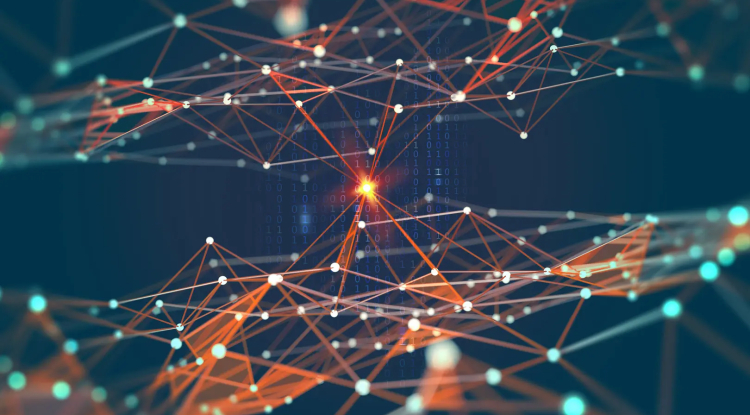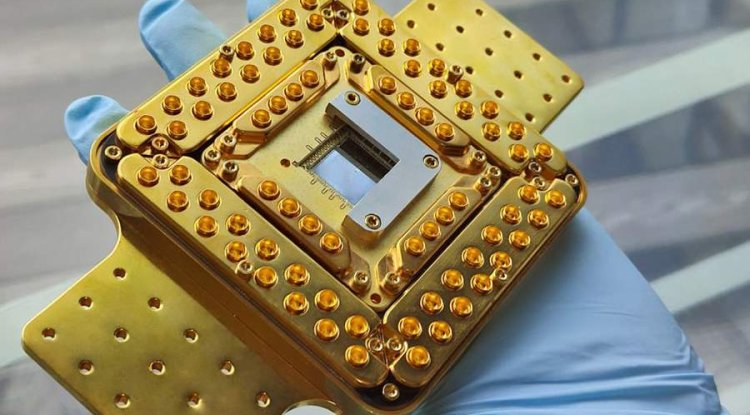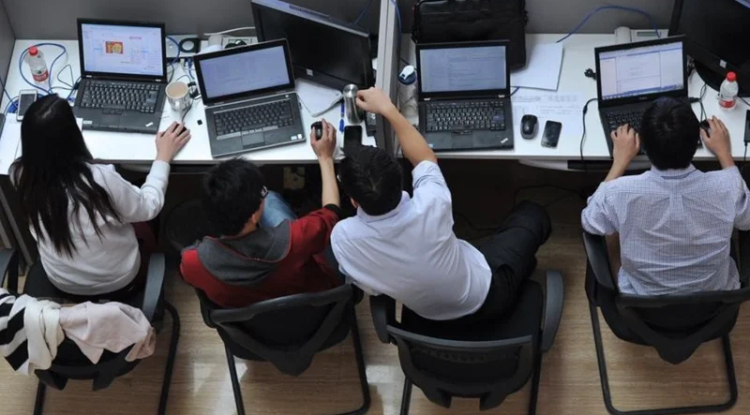An energy-efficient water-based battery has been developed in China
Scientists in China have developed a water-based battery that is more energy efficient than lithium batteries. Moreover, the water in batteries is used as a solvent for electrolytes, increasing safety of use.

Chinese scientists have developed a high energy density water battery based on multi-electron halogen transfer.
About the development
In order to increase the energy density of water batteries, the researchers used a mixed solution of halogen with iodide ions (I-) and bromide ions (Br-) as the electrolyte. This is how they developed the multi-electron transfer reaction.
Experts said that during the charging process, I- was oxidized to IO3- on the positive side, and the resulting H+ was removed to the negative side in the form of an auxiliary electrolyte. During the discharge process, the H+ value was positive and the IO3- value was reduced to I-.
Battery performance
The developed multi-electron transfer cathode has a specific capacity of 840 Ah/L. By combining the cathode with a cadmium metal cell, the researchers achieved an energy density of 1,200 Wh/L. When the team tested their electrolyte with a vanadium anode, they found that the battery life could be extended to 1,000 cycles.
The scientists also noted that the energy density of their batteries exceeds that of some solid electrode materials, and the cost can be comparable to traditional lithium batteries. Moreover, the water in batteries is used as a solvent for electrolytes, increasing safety of use.
The study provides a new idea for the development of aqueous batteries with high energy density and may expand the application of aqueous batteries in the field of electric vehicle manufacturing.
Share
What's Your Reaction?
 Like
0
Like
0
 Dislike
0
Dislike
0
 Love
0
Love
0
 Funny
0
Funny
0
 Angry
0
Angry
0
 Sad
0
Sad
0
 Wow
0
Wow
0
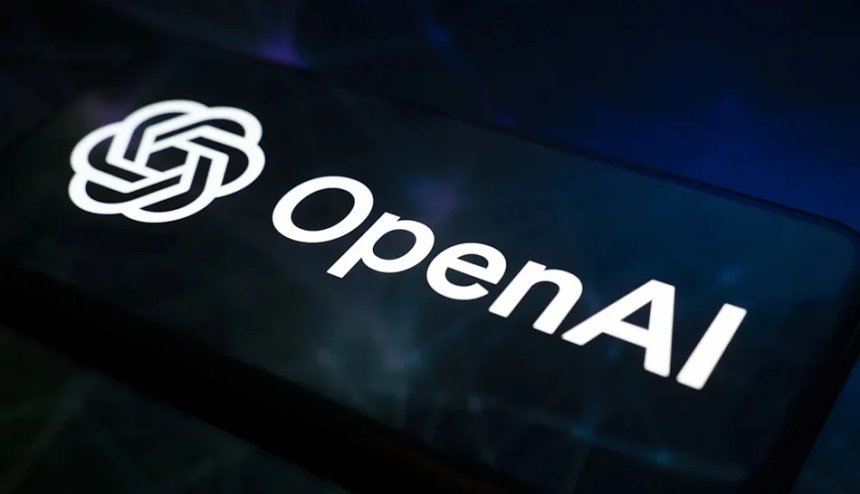
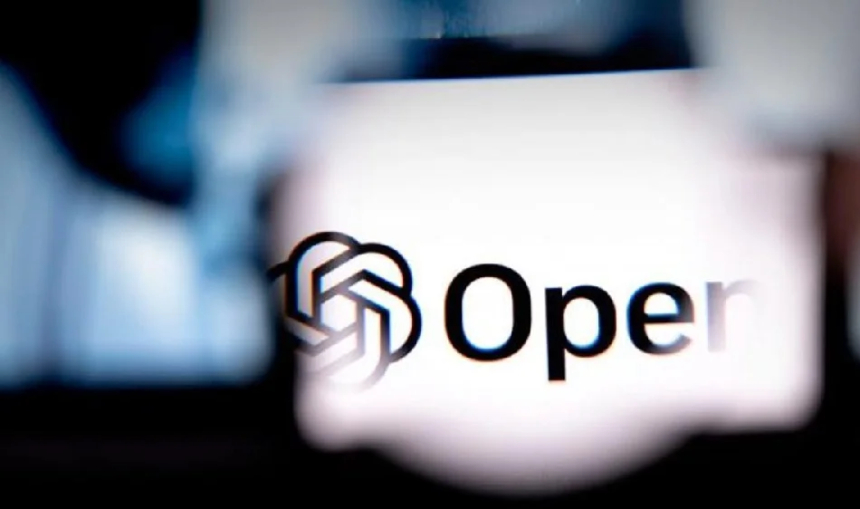



![Transfer/ Postings Senior Superintendent Police Hyderabad [Notifications]](https://pakweb.pro/uploads/images/202402/image_100x75_65d7bb0f85d5f.jpg)
![Amazing Text Animation Effect In CSS - [CODE]](https://pakweb.pro/uploads/images/202402/image_100x75_65d79dabc193a.jpg)


